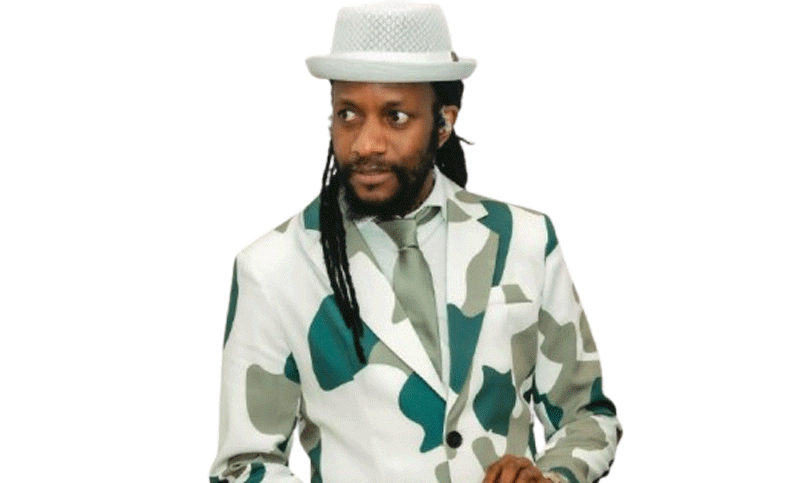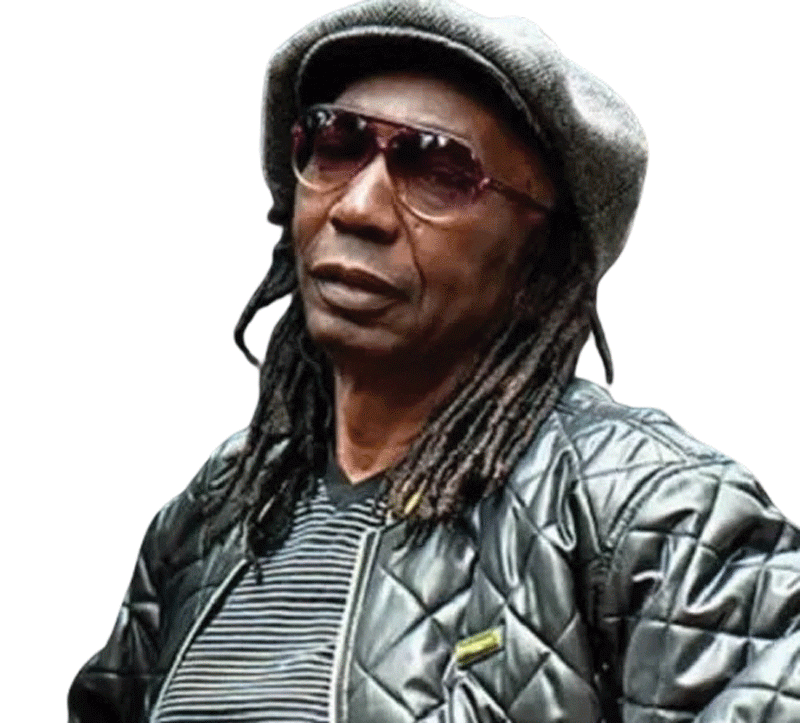
In the first part of this two-part article, it was noted that the legislation governing abortion in Zimbabwe is pro-life hence its restrictive nature. An estimated 60 000 to 70 000 illegal or backyard abortions are recorded every year in Zimbabwe.
In order to have some understanding of what women think and feel about the restrictive abortion legislation in Zimbabwe and its impact on illegal abortions that jeopardise women’s health, I solicited responses from women aged between 19 and 45 years. Six categories of factors that influenced respondents’ perception of the legislation emerged — morality factors; health factors; religious factors; social factors; economic factors and human rights factors.
Morality
Pro-life respondents in a group discussion argued that it was the duty of the law to preserve morals in a world where morality is low.
“If the law is relaxed we would be in moral wilderness with women, especially girls, getting pregnant all the time knowing that they can terminate the pregnancy any time. It is not a question of the law being fair or unfair; it is a question about what is morally right,” said one pro-life woman. Her sentiments were echoed by all those who were pro-life. They felt it was the business of the law to preserve morals and Zimbabwe’s restrictive legislation on the termination of pregnancies was superb.
Health
There was consensus among all women, both pro-choice and pro-life that abortion should be regarded seriously as part of women’s reproductive health. It was agreed, even by those who were pro-life, that the law should consider abortion when the pregnancy threatened the life of the woman. However, the pro-choice proponents argued that a woman’s reproductive health should include her mental and emotional preparedness to carry the pregnancy to term. They said the law did not take seriously the woman’s preparedness as part of reproductive health because if the woman is not mentally prepared, nothing would stop her from terminating the pregnancy by any means thereby endangering her life.
The women (pro-choice) perceived the law as contributing to serious reproductive health hazards because by unintentionally encouraging illegal abortions, it exposed women to serious health consequences. They said backyard abortion procedures included dangerous concoctions and the insertion of sharp objects into the womb.
- Mavhunga puts DeMbare into Chibuku quarterfinals
- Bulls to charge into Zimbabwe gold stocks
- Ndiraya concerned as goals dry up
- Letters: How solar power is transforming African farms
Keep Reading
“My cousin died a painful death with her intestines protruding after she took a concoction given to her by a herbalist to terminate her pregnancy. No one dared to take her to hospital after the procedure went wrong for fear of being arrested. If it was not for fear of the law, my cousin would simply have gone to a medical doctor to have her pregnancy safely terminated,” said one woman in an interview.
Some of the women argued that it is only the woman who knows what she is carrying and how she feels in terms of health.
“At our marketplace there is a woman who bears strange children with skins that look as if they were scalded with hot water or hot oil and their eyes evoke pity. People always stop to gape at these children. When she fell pregnant for the third time her husband left her saying he knew she was going to give birth to another “goblin”. She said she also did not want a repeat of the first two experiences and resultantly, she went for backstreet abortion that nearly claimed her life,” said one interviewee who was a vendor. Hence, the women perceived the law as so harsh that it did not even bother to take such genuine issues into consideration.
Religion
The majority of women argued that religion and the law contributed immensely to backyard abortions. However, the pro-life respondents quoted the Bible with one citing the commandment “Thou shalt not kill”. They perceived the law as right claiming that children were a gift from God.
One woman said: “Even those that are raped should not kill the child in the womb. All children are a gift from God. The moment one conceives, one is already carrying a human being. Killing that foetus is murder. In fact the law should be made tighter to regard abortion as murder.”
On the other hand, the larger number of the respondents said religion, particularly Christianity was a push factor for backyard abortion. They cited religious hypocrisy as a danger.
“There is a lot of hypocrisy in the church. In our church people get ranks such as elder, senior etc according to your guild. If your unmarried daughter is impregnated and the man responsible denies paternity then your rank might be lowered because you are blamed for not instilling morals into your child. I know of parents who resorted to backyard abortions for their daughters in order to keep their statuses in church,” said one woman in a group discussion.
Some participants said they knew of pastors who had taken their pregnant daughters or church members they would have made pregnant for backyard abortions.
One respondent said: “If the law was permissive, such people would take their daughters or secret lovers for medically supervised abortion procedures even if this was done in secret and the women would face minimum health risk.”
Social factors
Some women interviewed felt that the law played a huge part in forcing young women into early marriages.
One respondent’s sentiments sums up this view: “I was pregnant at 16 due to peer pressure. I wanted to continue with my education, but the pregnancy became a hindrance. I was forced to get married because of that. I had nowhere to go. If I was in a country like South Africa where termination of pregnancy is legal, I would have gone for abortion and continued with my education. I did not do that because I was afraid of being caught. That was the end of my schooling, look at what I am today; a mere nurse aid with three children though I was very intelligent at school.”
A student at a local university said: “I think the law is archaic, it does not take care of the needs of the modern woman who has various soci-economic needs that may exclude children. At a particular point for instance, I might have pressing needs and children might not be one of them. I must decide whether to terminate the pregnancy or not. The law must facilitate that I do this safely and cheaply.
Economic factors
Some respondents said the law does not take into perspective what the professional woman goes through.
“Although the national gender policy states that there should be no discrimination against women in its pursuit of gender equality at the workplace, the situation on the ground is different. For instance, I can not go for a job interview carrying a visible pregnancy. If I do that my chances of getting employed are zero. I might decide to terminate the pregnancy and that automatically means a backyard abortion of some sorts,” said a woman from a local industry.
In a group discussion, respondents also brought up the issue of class. One vendor’s sentiments summarises this: “I, for instance cannot pay for a secret, medically supervised abortion although we know doctors and organisations that perform them. The doctors charge $200 and above because of the risk involved and poor women like myself cannot afford so we resort to backyard abortion which is dangerous.”
The women said women in the upper class can afford such fees or they can simply travel to countries like South Africa where abortion is legal and have their pregnancies terminated. They also said women of the upper class who have no material problems hardly think of terminating pregnancies and such women are usually adamant that the law is fair because they do not have the same experiences as poor women.
“They team up with men to protect such laws that are not good for poor women. It is the poor women who have to suffer unsafe abortions,” said another vendor.
Human rights factors
Those who were pro-choice said the law was a gross violation of women’s rights.
“The law does not consider the woman’s right to do what she wants with her body. The body belongs to me not to the unborn foetus. If I die carrying that pregnancy people mourn me not the foetus. Why give something that I carry inside me more rights than me?” said a woman from a human rights organisation.
The women perceived the law as the impetus of what would eventually become murder.
“If the law allowed for on-demand abortion, pregnancies would be terminated at say, two months when the foetus is just tissue and blood, but because of its restrictive nature this does not normally happen. Women go for backyard abortion and most people who perform backyard abortions say they can only terminate the pregnancy when it is six moths old and above so what they do is to induce stillbirth. What is more of murder here, allowing someone to remove tissue or an already formed baby?” said a woman who said she nearly died because of a backyard abortion procedure.
The majority of women agreed that the issue of abortion should be understood within the larger context of gender issues in patriarchal societies where the violation of women’s rights, including their reproductive rights, are enforced through legislation. They said the abortion issue is patriarchal that is why the law punishes the woman and not the man responsible. One woman said her friend and her husband decided to terminate an unwanted pregnancy, but when the procedure went wrong and they were caught it was her friend (the woman) who went to jail.
One woman, a lawyer, summed it up: “International statutes on human rights recognize the rights of women and not those of fetuses. There is no mention of the rights of feotuses even in our constitution, but the rights of women. The law should be amended so that it protects the rights of women, not the rights of feotuses.”









